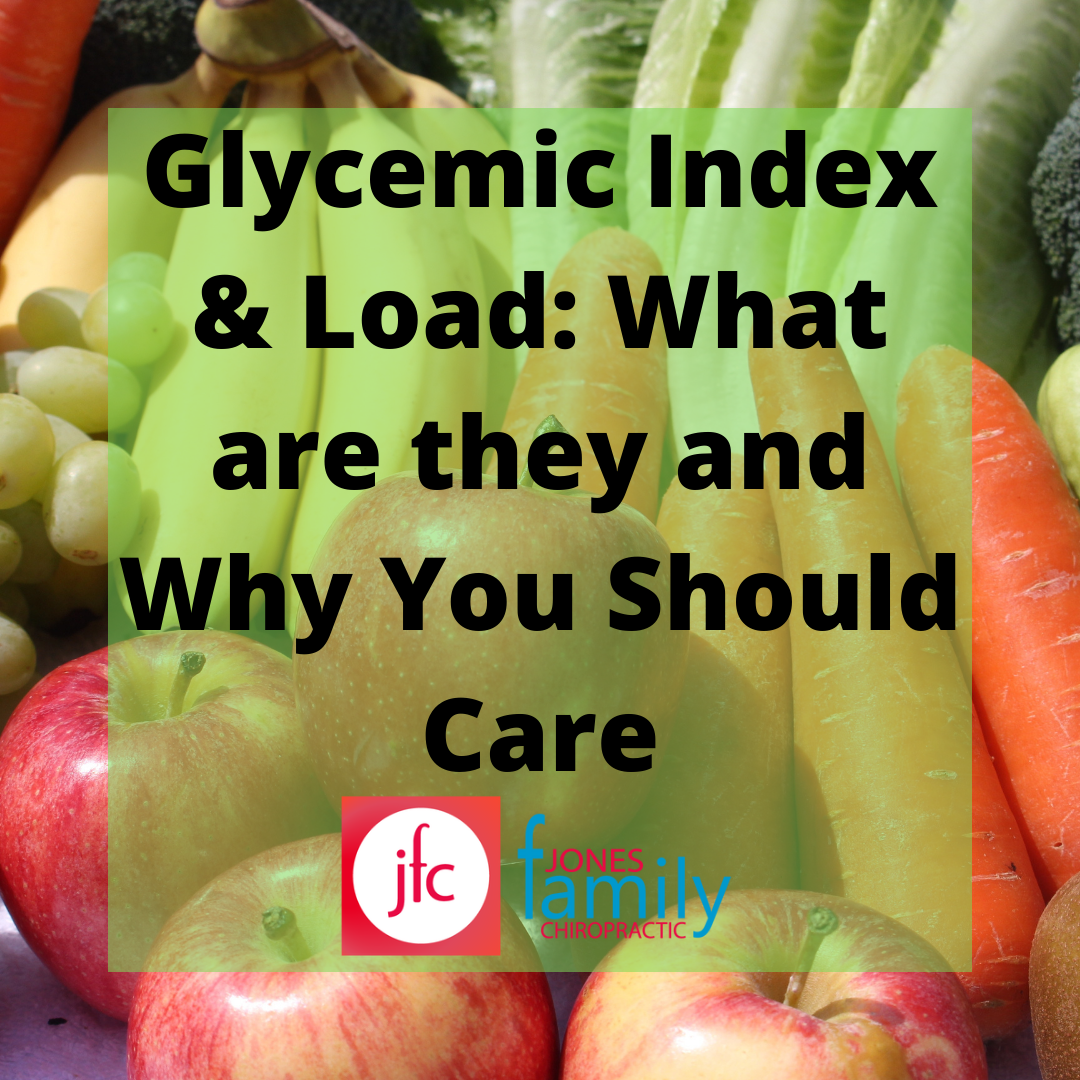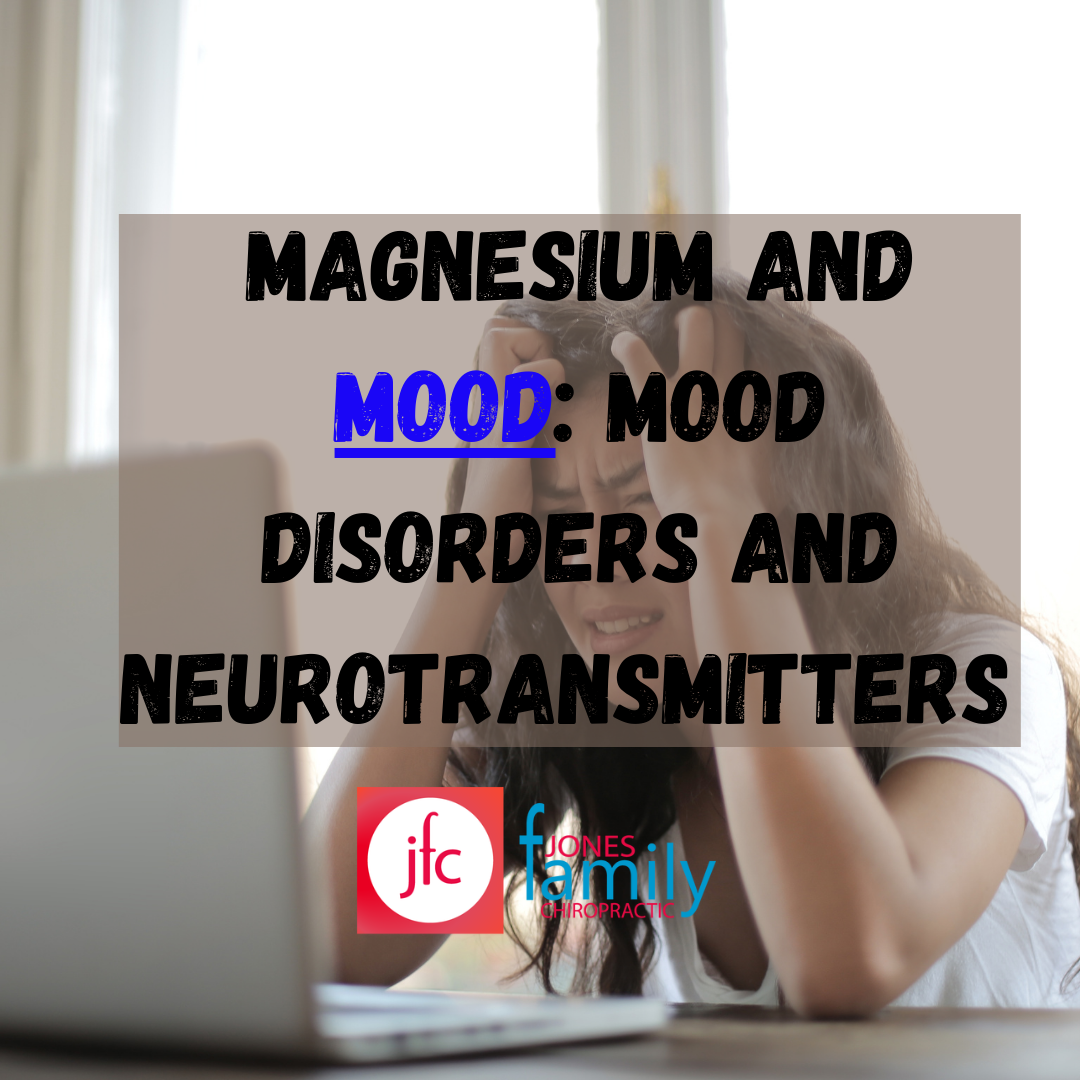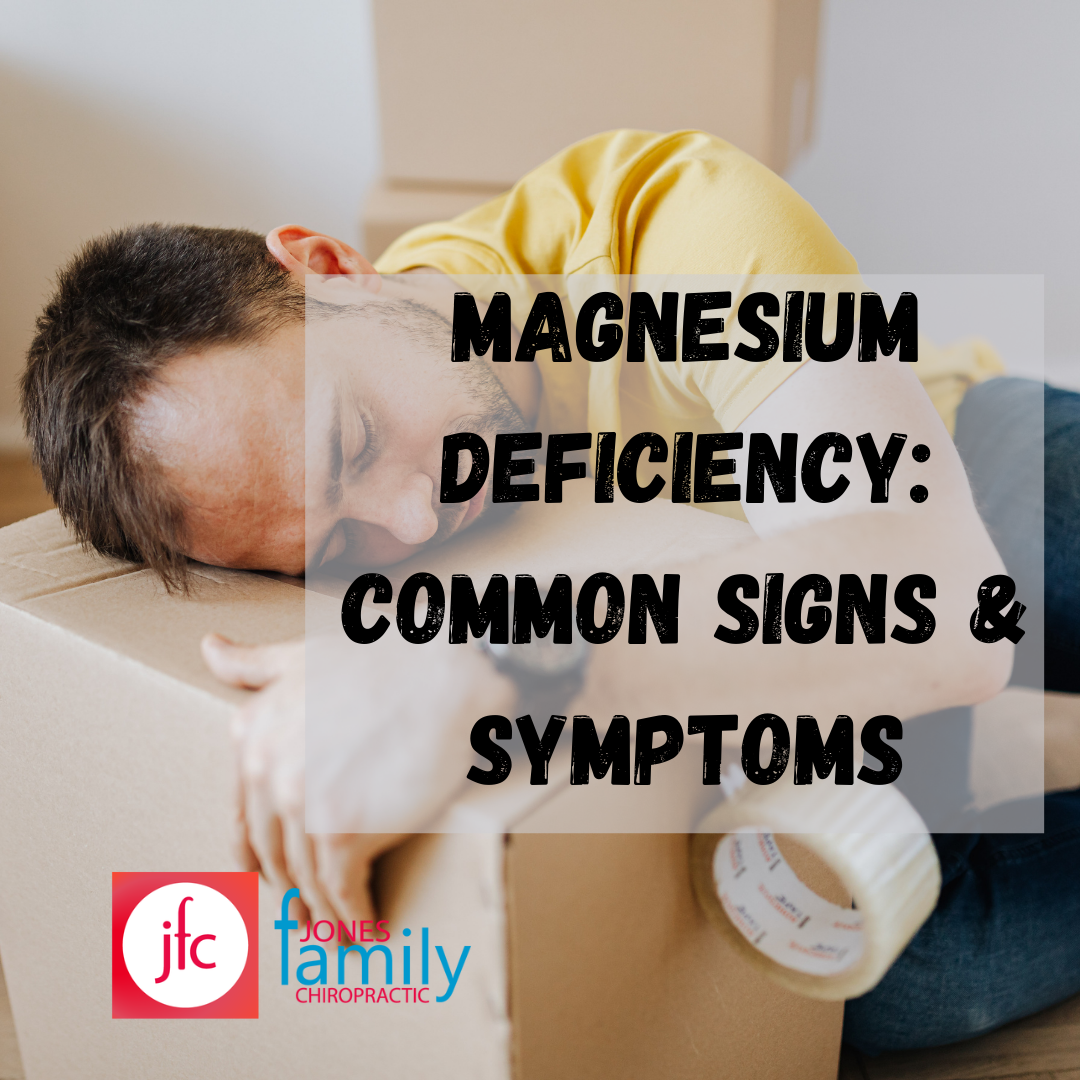Why cardio is so 2010 with Gymnazo Founder Michael Hughes
Michael is a pioneer in the fitness space - having been one of the first to integrate physical therapy into group coaching - and he’s our go-to resource when it comes to functional movement. We love how Michael is able to connect with people at all stages of their fitness journey, from the fitness trainer community, to recreational athletes, to people who are just looking to uplevel their physical health.










